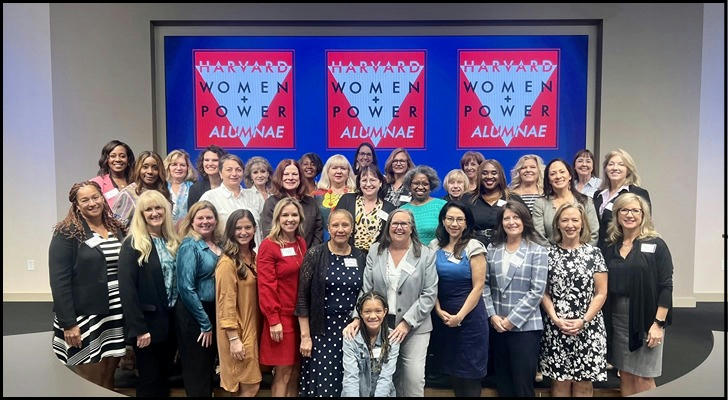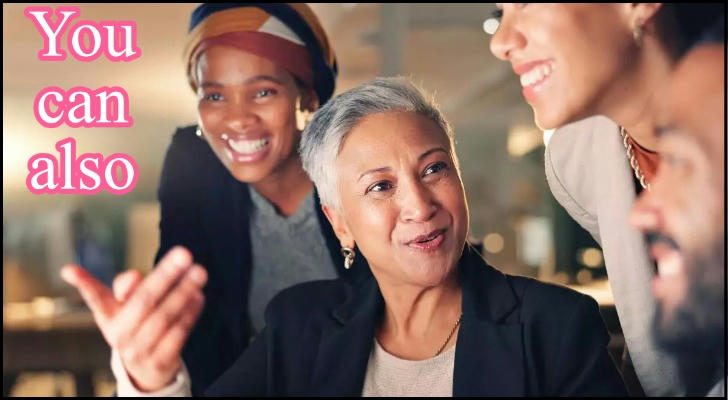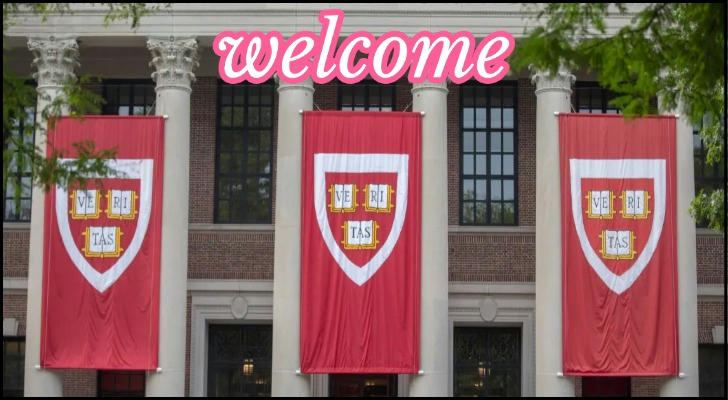Empowering Senior Women: The Value of an MBA for Women Over 65
Empowering Senior Women: The Value of an MBA for Women Over 65

Retirement is no longer the final chapter—it’s a new beginning. For many women over 65, earning an MBA is the key to unlocking fresh career paths, entrepreneurial ventures, and lifelong learning. As they continue to redefine retirement and seek new challenges, an increasing number are turning to higher education, specifically Master of Business Administration (MBA) programs. Whether to launch a second career, grow a passion project into a business, or remain intellectually engaged, an MBA offers invaluable skills, networking opportunities, and personal fulfillment. This trend is supported by educational institutions, workforce studies, and government reports highlighting the benefits of lifelong learning and professional development.
Why Senior Women Are Choosing an MBA
According to the U.S. Bureau of Labor Statistics (BLS), the labor force participation rate for adults aged 65 and older increased from 12% in 2000 to nearly 20% in 2022. Additionally, the National Center for Education Statistics (NCES) reports that enrollment in graduate programs among students aged 50 and older has risen steadily over the past decade. These trends indicate a growing interest in continued education and career development among older adults.
For senior women, an MBA provides:
Business Acumen for Entrepreneurship: Many women over 65 explore business ownership, consulting, or nonprofit management. An MBA equips them with financial management, marketing, and leadership skills essential for success.
Enhanced Career Opportunities: Some senior women continue working beyond traditional retirement age. An MBA can open doors to board memberships, executive roles, or consulting positions where experience and strategic thinking are highly valued.
Intellectual Engagement: Research from the American Psychological Association (APA) shows that lifelong learning helps maintain cognitive function, reduces the risk of dementia, and enhances overall well-being.
Networking and Mentorship: MBA programs connect students with professionals across industries, offering valuable mentorship and opportunities to share experiences with younger generations.
Overcoming Challenges: Solutions for Senior Women Pursuing an MBA
While the benefits of an MBA are clear, senior learners may face challenges such as:
Financial Considerations: Tuition costs can be a barrier, but scholarships and financial aid options are available. Organizations like the American Association of University Women (AAUW) and the AARP Foundation offer grants for older students. Some universities also provide tuition discounts for senior learners.
Adapting to Technology: Many MBA programs now incorporate digital learning platforms, which may require technological proficiency. A 2021 Pew Research Center study found that 73% of adults aged 65 and older use the internet regularly, and many universities now offer tech support to help older students succeed in online learning.
Balancing Personal Commitments: Flexible learning options, such as online and part-time programs, allow senior women to pursue an MBA while maintaining family and personal responsibilities.
Flexible MBA Programs for Senior Women
Recognizing the diverse needs of older students, many universities offer MBA programs designed for flexibility:
Online and Part-Time MBAs: Programs such as Harvard Business School Online and the University of Illinois’ Gies College of Business provide accessible education that accommodates personal schedules.
Executive and Specialized MBAs: Schools like the Wharton School and Stanford Graduate School of Business offer executive MBAs that emphasize leadership, innovation, and strategy—ideal for experienced professionals.
Scholarships and Financial Aid: Many institutions, including the AARP Foundation and AAUW, provide financial assistance to senior learners.
A Success Story: Inspiring Others

One inspiring example is Mary Thompson, who earned her MBA at 68 after retiring from a decades-long career in education. With her newfound business knowledge, she launched a consulting firm focused on nonprofit management. Today, she mentors other senior entrepreneurs and serves on multiple advisory boards, demonstrating that an MBA can be a gateway to new opportunities at any age.
Official Support for Lifelong Learning
Government and educational institutions recognize the importance of continued education for older adults. The U.S. Department of Education encourages lifelong learning through federal grants and loan programs available to older students. Additionally, the Small Business Administration (SBA) provides resources and training for senior entrepreneurs, many of whom benefit from the business knowledge gained through an MBA.
Conclusion: Taking the Next Step
For women over 65, an MBA is more than a degree—it’s a gateway to new opportunities, intellectual stimulation, and financial independence. Backed by official educational and workforce data, pursuing an MBA at this stage of life is an empowering decision that aligns with personal and professional aspirations. Whether seeking to advance a career, launch a business, or engage in lifelong learning, senior women can find immense value in an MBA program tailored to their goals.
If you're considering this path, start by researching flexible MBA programs, exploring financial aid options, and connecting with communities that support lifelong learners. Consider programs like Harvard Business School Online, Wharton Executive MBA, or financial aid opportunities from AAUW and AARP Foundation. The journey to new possibilities starts today!

